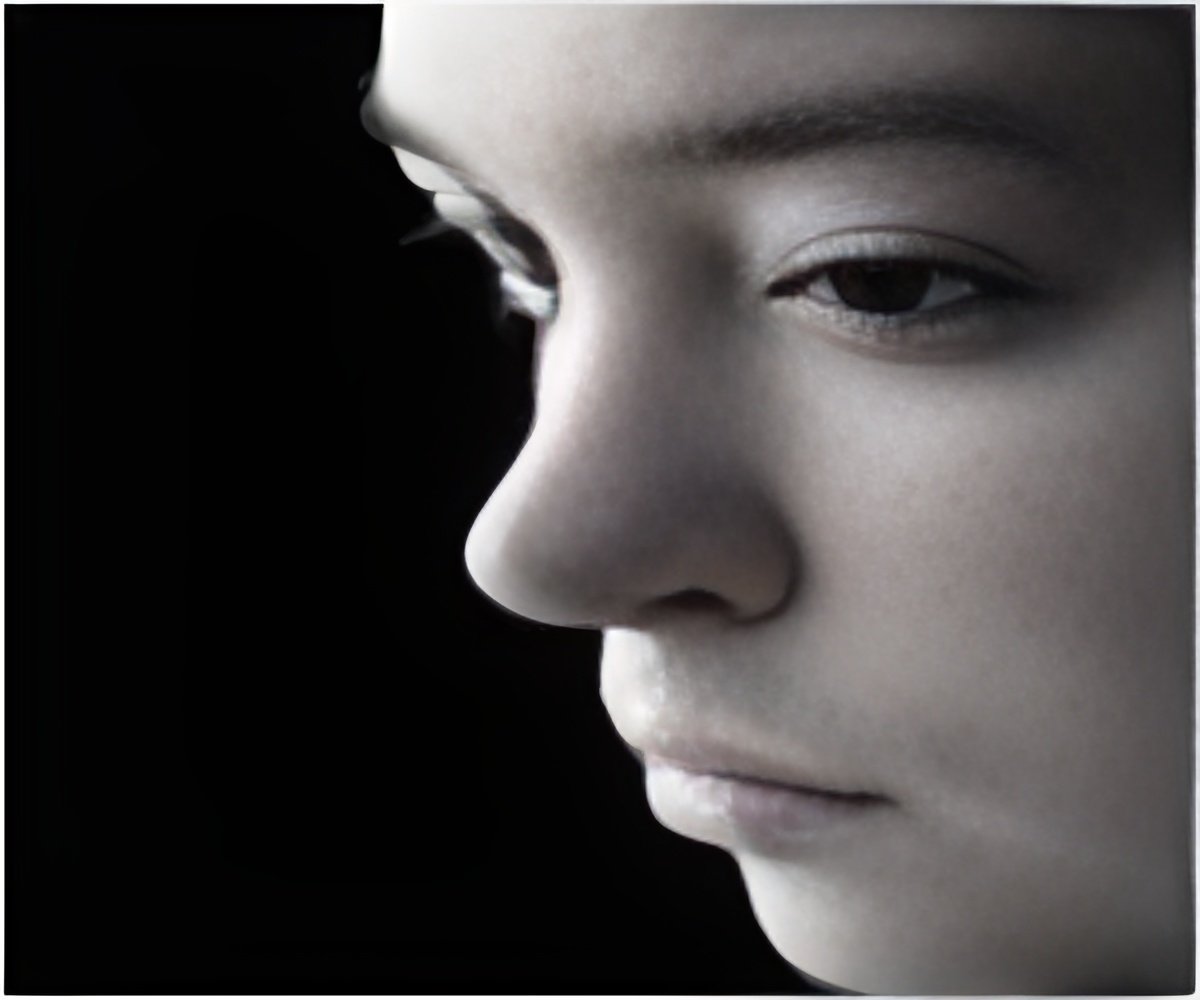
237 children were victims of frequent bullying: 18 (8%) of them self harmed. Of the 1904 who had not been bullied, 44 (2 %) had self harmed.
Approximately one quarter of all school-children in the UK are bullied at some point during their school lives. Victimisation is associated with behavioural problems during adolescence, but few studies have tested the assumption that exposure to bullying increases the likelihood that a child will self-harm. The authors hope this study will help to identify those at greatest risk of self-harm.
The authors found that several factors increased the risk of self-harm amongst children who were bullied, including: a family history of self-harming; maltreatment; behavioural and emotional problems. And although the likelihood was slightly higher for girls (1.6%), the association was evident amongst both sexes.
Bullying was defined as when another child: says mean or hurtful things; completely ignores or excludes the victim; hits, kicks or shoves the victim; tells lies or spreads rumours and / or does other hurtful things, all on a frequent basis. Examples of self-harm included: cutting and biting arms; pulling out clumps of hair; banging head against walls; attempted suicides by strangulation.
The authors suggest that while "more effective programmes to prevent bullying occurring […] are required", there should also be efforts in place to help children cope with emotional distress arising from bullying. And although alternative coping strategies should be provided, the effectiveness of these does need to be investigated.
Advertisement
Advertisement








